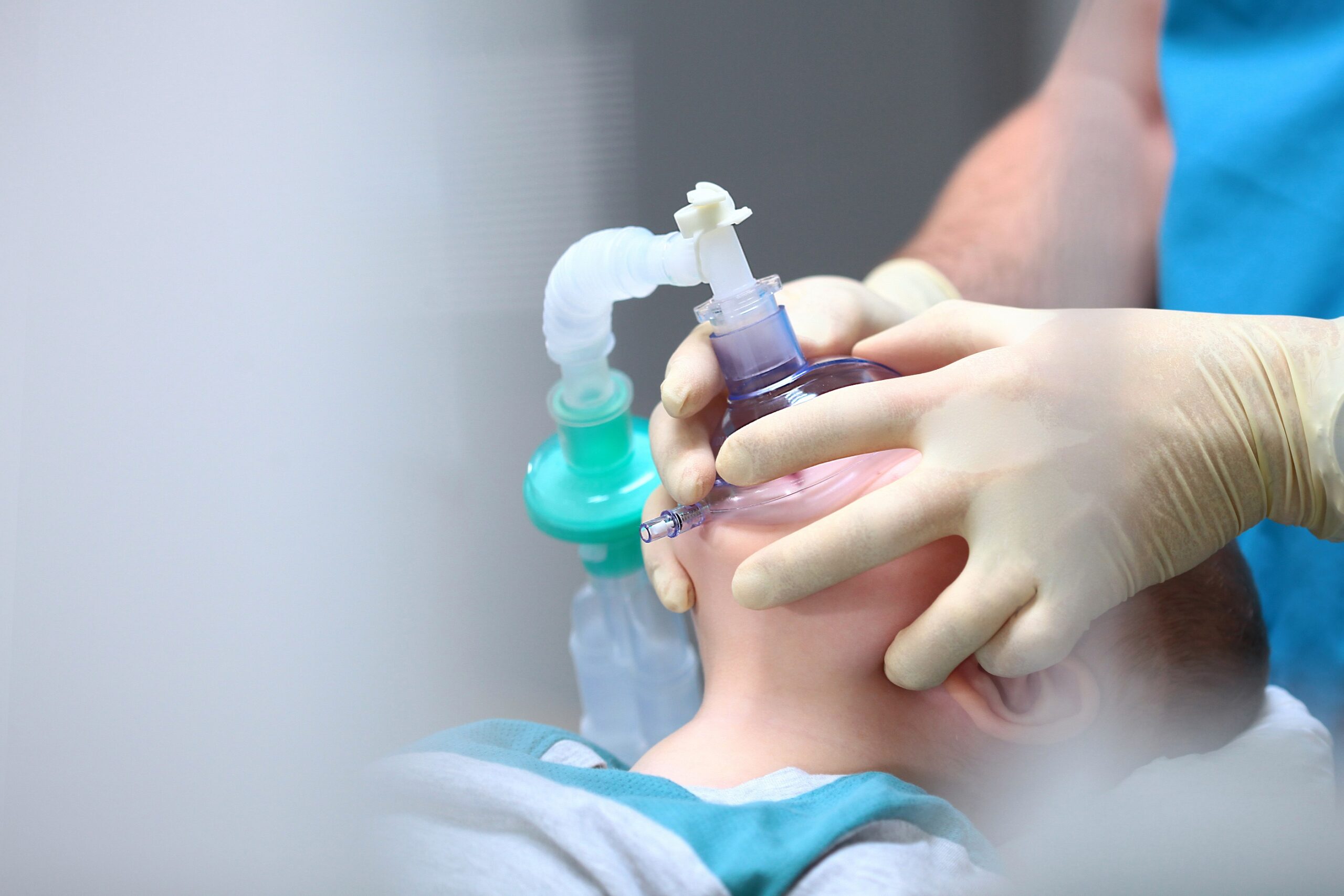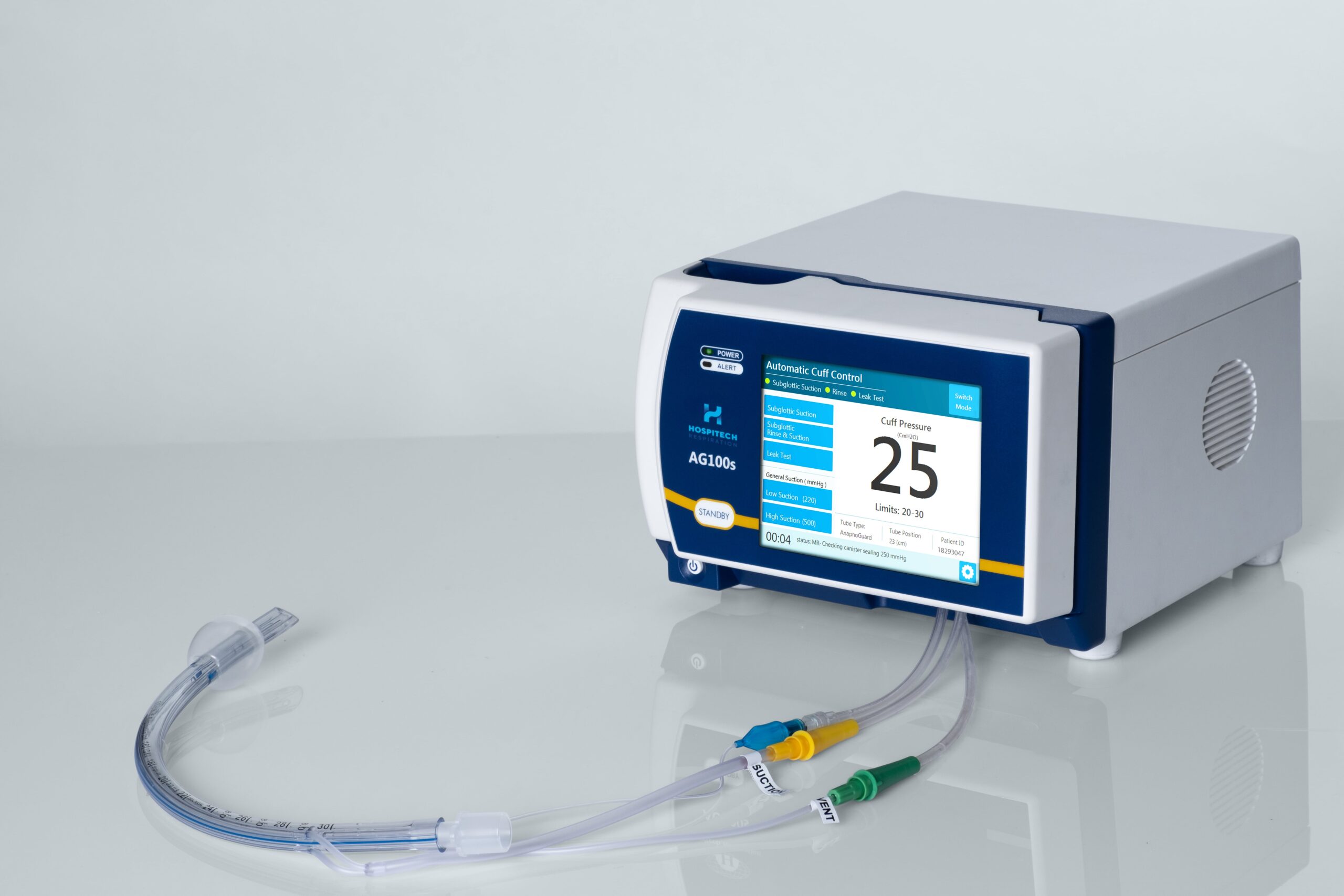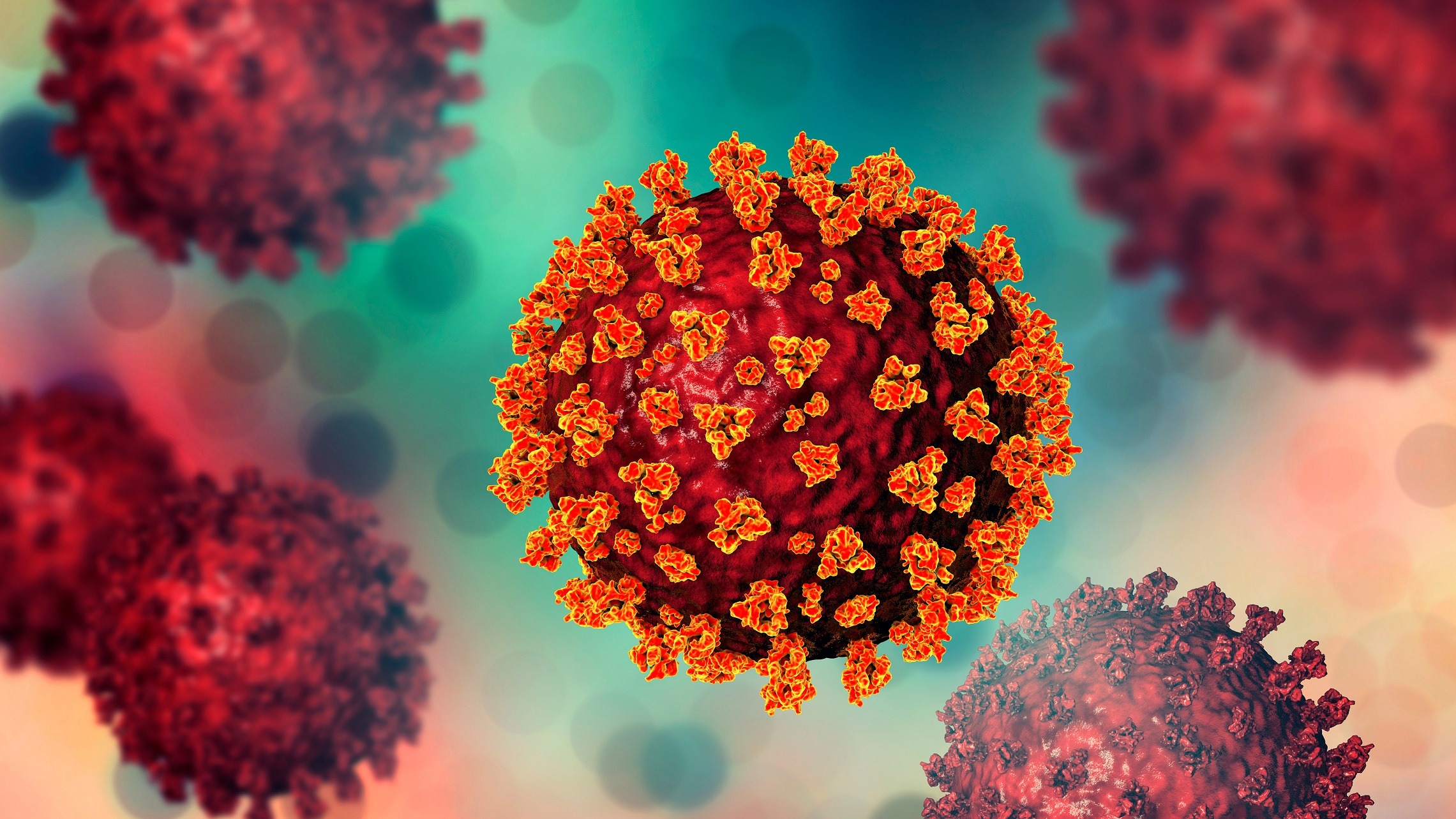
Innovative technologies used to treat, diagnose or manage respiratory conditions have always been a major part of the global medical devices market.
However, the devastating impact of the SARS-CoV-2 virus throughout 2020 – and a heightened awareness of the breathing problems and other health complications it can lead to – has given rise to an even greater number of novel devices being developed in this area compared to previous years.
And, while the big hitters in the medtech sector have undoubtedly played their part here, a number of smaller, more flexible start-ups are currently working on new technologies relating to respiratory issues too.
We take a look at five of these start-ups that are worth keeping an eye on beyond 2020 – and the medical devices they’re responsible for.
Start-ups working on new respiratory medical technologies
Hospitech Respiration
Israeli medical device start-up Hospitech Respiration was founded in 2006, and develops airway management solutions for mechanically-ventilated patients.
Its AnapnoGuard system, in particular, has gained increased notoriety throughout 2020 due to the Covid-19 pandemic.
The device – which has already received US FDA authorisation and a CE mark for use in Europe – provides automated control of the airway cuff pressure and automated evacuation of subglottic secretions in ventilated patients, preventing infection or damage in the lungs.

In November 2020, Hospitech Respiration also announced that, in response to increased global demand for its airway management system, it would be working with Chinese firm AwakeZone to open a new manufacturing facility in China, expanding production of the AnapnoGuard system in the country.
And, with the global health crisis still causing high numbers of hospitalisations in many countries, the company’s flagship device is likely to garner further attention moving forward, having already been deployed in hospitals in Israel, China and the US.
Aerin Medical
US healthtech firm Aerin Medical develops therapeutic devices that improve nasal breathing by using low-power radiofrequency energy to remodel soft tissue in the nose.
The two main procedures it offers via its proprietary Aerin technology are RhinAer, which provides lasting relief from chronic rhinitis – often characterised by a persistently runny nose – and VivAer, which is used to treat nasal obstruction.
These non-invasive procedures are designed to remove the need for sprays, medications and home remedies by addressing the underlying cause of nasal congestion, and opening up nasal breathing disorder patients’ airways in a quick, safe and effective way that can be conducted in a doctor’s office.
Having been founded in 2011, Texas-headquartered Aerin Medical has also made major strides this year, appointing a new president and CEO – Matt Brokaw, formerly of Stryker and Johnson & Johnson – and raising $48m in funding in August 2020.
Circadia Health
Medical device start-up Circadia Health was founded in 2016 and, despite conducting much of its business in the US, is based in London in the UK.
Its AI-powered Circadia C100 device – which gained a 510(k) notification from the FDA in June 2020 – is placed at a patient’s bedside and allows for continuous, remote, medical-grade monitoring of their breathing.
In doing this, it attempts to detect respiratory complications at an early stage, and can send notifications to a healthcare provider or carer when the patient’s breathing rate deviates from the norm.
As well as its ability to alert users to symptoms associated with Covid-19, such as breathlessness, the Circadia C100 holds the additional benefit of minimise contact between healthcare professionals, and patients infected with the virus – potentially helping to reduce its spread in home and hospital settings alike.
X-COR Therapeutics
Medtech start-up X-COR Therapeutics, which is based in Boston, Massachusetts in the US, claims it is creating the world’s first commercially-available carbon dioxide removal device with ultra-low blood flows.
The device is intended to provide a cheaper, safer and more accessible treatment option for hypercarbic respiratory failure – a condition that leads to carbon dioxide accumulating in the lungs.
Unlike other technologies used to treat lung failure, X-COR is a hybrid cartridge that allows patients’ blood to be drawn at flows of less than 300ml per minute via small catheters, differing from existing, comparable devices that often require blood flows greater than 1L per minute – and highly specialised clinical interventions.
Having been founded in 2017, X-COR Therapeutics has already received close to $3m in seed funding to date, and its carbon dioxide removal device won the 2019 Harvard Business School New Venture Competition and the 2018 Harvard President’s Innovation Challenge.
SeaStar Medical
Founded in 2018, SeaStar Medical is a medical device firm developing novel immunomodulating technologies to address life-threatening conditions relating to the excessive inflammation of vital organs.
During the current pandemic, much of the US company’s attention has been focused specifically on treating severely-ill Covid-19 patients.

Inflammation is a key part of conditions like acute respiratory distress syndrome (ARDS), occurring when lungs become severely inflamed from an injury or infection – such as Covid-19.
To help ARDS sufferers with Covid-19, SeaStar Medical is testing a selective cytopheretic device (SCD) that selectively targets proinflammatory blood cells to remove the cytokine storm that causes inflammation.
SeaStar Medical is also investigating how its device could be used to treat people with kidney failure – a symptom experienced by a significant number of Covid-19 patients in intensive care units – and, in April, the company received an IDE (investigational device exemption) approval from the FDA to carry out a pilot study in this area.






